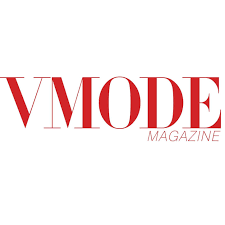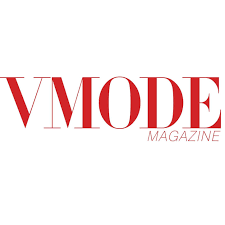The Household Dehumidifier Market is undergoing a remarkable transformation as technological innovation, health awareness, and climate adaptation converge. Consumers now perceive dehumidifiers not just as appliances but as vital tools for maintaining healthy indoor environments. As extreme weather patterns continue to affect humidity, people seek smarter, quieter, and more compact solutions to enhance comfort and well-being.
Modern lifestyle trends, such as increased time spent indoors and rising concerns about allergens, have significantly influenced purchase behavior. Dehumidifiers designed with HEPA filters, low noise output, and real-time digital humidity displays are now dominating the market. This evolution mirrors a shift in consumer mindset—prioritizing both health and convenience.
In addition, the surge of online product research and peer reviews empowers consumers to make data-driven decisions. This shift underscores how awareness and accessibility directly shape sales trends in the Household Dehumidifier Market.
Product Innovation and Energy Awareness
The integration of renewable energy solutions and eco-friendly materials is redefining manufacturing standards. Brands are adopting green technologies that reduce carbon footprints without compromising performance. Furthermore, with growing emphasis on smart home ecosystems, dehumidifiers that sync with AI assistants or mobile applications offer unmatched flexibility.
Such innovations not only boost convenience but also promote better energy management. As households adopt solar power or energy-efficient setups, dehumidifiers are being designed to complement these systems seamlessly.
For professionals tracking emerging insights, the Household Dehumidifier Market consumer insights reveal how purchasing habits, health consciousness, and digital transformation together drive long-term demand.
Market Outlook and Business Opportunities
The market’s upward trajectory is supported by steady technological advancements and regional humidity challenges, particularly in coastal and tropical climates. New entrants focusing on niche categories, such as portable mini-dehumidifiers and silent bedroom models, are disrupting established brands through innovation and competitive pricing.
Sustainability certifications and eco-labels are also playing a crucial role in influencing buying decisions. By aligning product development with consumer values, manufacturers strengthen their brand positioning and capture evolving market segments.
FAQs
Q1: What factors influence consumer choice in the household dehumidifier market?
A1: Key factors include energy efficiency, smart features, noise level, portability, and brand trustworthiness.
Q2: How are sustainability trends shaping product innovation?
A2: Manufacturers increasingly focus on recyclable materials and energy-saving technology to appeal to eco-conscious buyers


